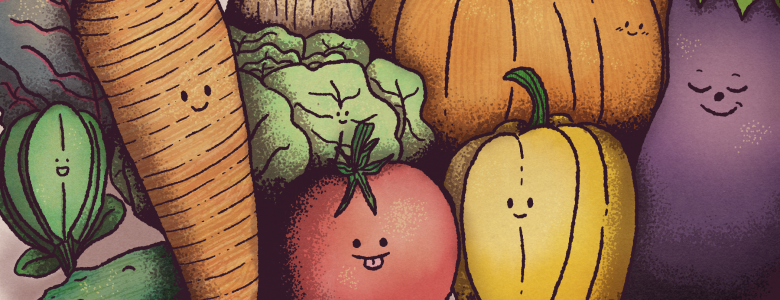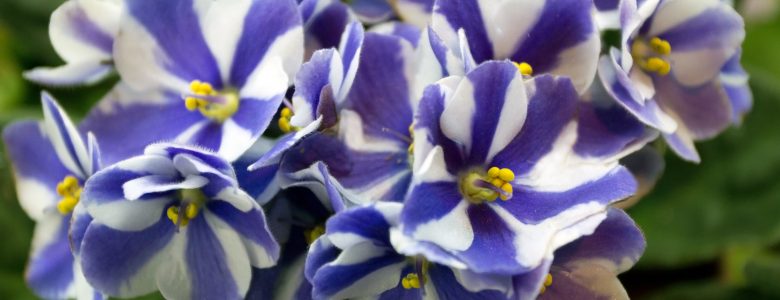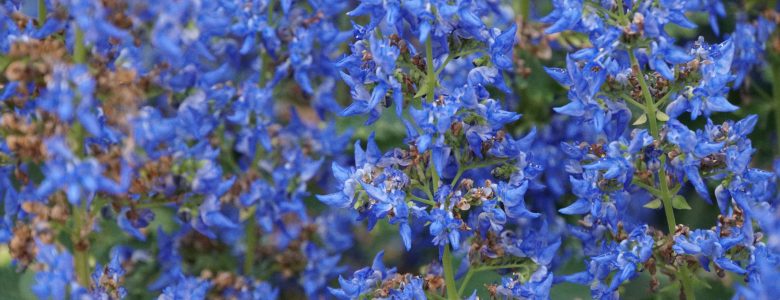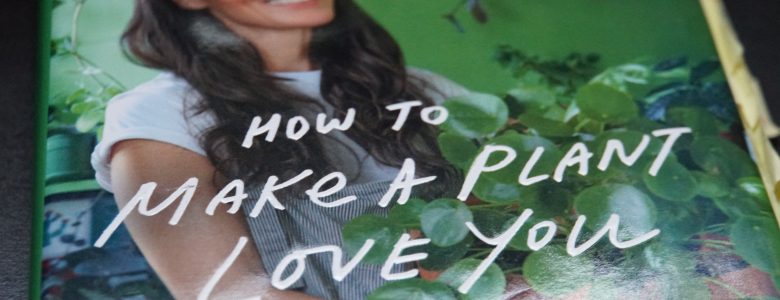April 30, 2021
Vegetables Aren’t Real

By now, we’ve all heard the age-old argument about whether tomatoes are a fruit or a vegetable. Although the U.S. Supreme Court ruled tomatoes were a vegetable for “tax purposes” in 1893, a botanist would tell you that vegetables aren’t real and that tomatoes are actually a berry.
While we’re at it, cucumbers, peppers, avocados, pumpkins, pomegranates, watermelons, oranges, lemons, limes, grapes, and bananas are all berries, too. Strawberries and raspberries, however, are not. They’re “accessory fruits.”






